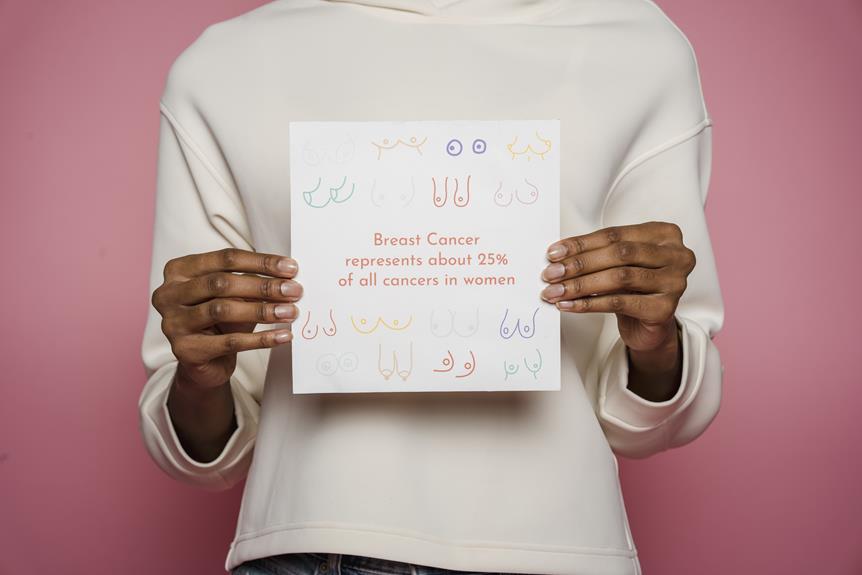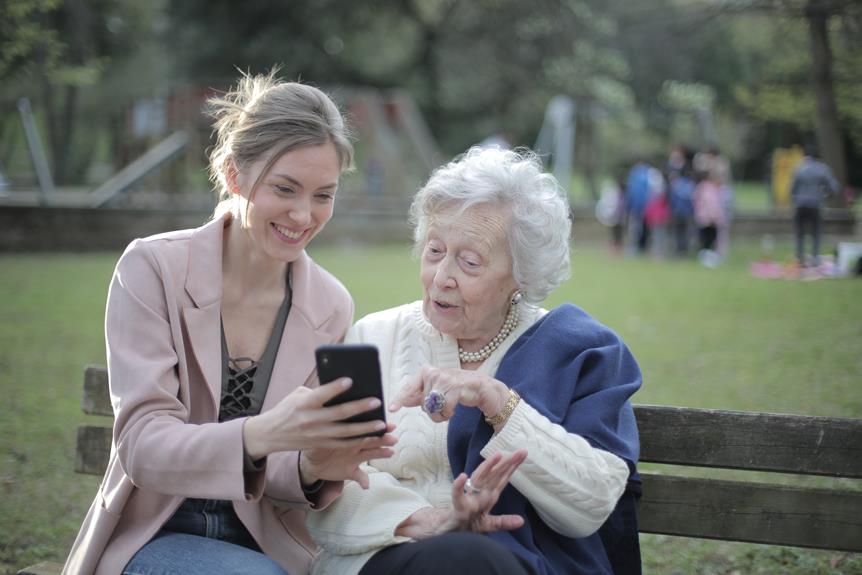Do you ever wonder if those who are dying are aware of their impending fate?
In this article, we will explore the various perspectives on the awareness of death, backed by scientific evidence and personal accounts.
We will delve into the factors that influence this awareness and discuss the implications and insights for healthcare professionals.
Join us as we seek a deeper understanding of this profound and compassionate topic.
Different Perspectives on Awareness of Death
From your perspective, as someone facing mortality, it’s important to explore the different ways in which individuals may or may not be aware of their impending death.
When it comes to philosophical beliefs on the nature of death, opinions vary greatly. Some people believe that death is simply the end of existence, while others hold onto the idea of an afterlife or reincarnation. These beliefs can shape one’s awareness of their own mortality, influencing their thoughts and actions as they approach the end of life.
Cultural views and rituals surrounding death also play a significant role in how individuals perceive their own impending death. Different cultures have diverse ways of coping with mortality, which can range from elaborate funeral ceremonies to simple acceptance of death as a natural part of life.
Understanding these perspectives can help you navigate your own awareness of death and find peace in the face of mortality.
Scientific Evidence on Awareness of Impending Death
While scientific research has provided valuable insights, it remains a complex and debated topic as to whether individuals facing their impending death are aware of their own mortality.
Neurological explanations suggest that the brain’s functioning may be altered in the face of death, leading to a heightened sense of awareness. Some studies have shown that patients with terminal illnesses may experience a sense of impending doom, indicating their awareness of their impending death.
However, cultural beliefs also play a significant role in shaping individuals’ perceptions of death. In some cultures, death is viewed as a natural part of life, and individuals may have a greater acceptance and awareness of their mortality. Conversely, other cultures may have taboos or beliefs that prevent individuals from openly acknowledging their impending death.
Understanding the scientific evidence and cultural beliefs surrounding awareness of impending death can help healthcare professionals provide compassionate care and support to individuals during this challenging time.
Personal Accounts of the Dying’s Awareness of Death
You can find numerous personal accounts that provide insight into the awareness of death in individuals who are dying. These accounts shed light on the spiritual experiences and cultural beliefs surrounding death.
Many individuals report having profound spiritual experiences as they approach the end of their lives. They often describe a sense of peace, connection with a higher power, or encounters with deceased loved ones. These experiences can bring comfort and a sense of transcendence to those facing death.
Cultural beliefs also play a significant role in shaping an individual’s awareness of death. Different cultures have various rituals, traditions, and beliefs surrounding death, which can influence how individuals perceive and approach their own mortality.
Understanding these personal accounts can help us provide compassionate care and support to those who are dying, respecting their unique experiences and beliefs.
Factors That Influence Awareness of Dying
Factors such as physical symptoms, psychological state, and level of acceptance can influence an individual’s awareness of dying. Physical symptoms, such as pain, fatigue, and difficulty breathing, can serve as a constant reminder of one’s mortality.
Additionally, an individual’s psychological state plays a significant role in their awareness of dying. Feelings of fear, anxiety, or depression can heighten this awareness, while a positive mindset and emotional support can help alleviate some of these concerns.
Cultural beliefs also play a crucial role in shaping an individual’s understanding of death. Some cultures may view death as a natural part of life and openly discuss it, while others may hold deeply ingrained taboos and avoidance.
It is important to consider these cultural beliefs when providing support to those who are facing the end of life.
Understanding and addressing these psychological factors and cultural beliefs can help create a compassionate and supportive environment for individuals who are aware of their dying process.
| Factors Influencing Awareness of Dying | Examples |
|---|---|
| Physical symptoms | – Pain – Fatigue – Difficulty breathing |
| Psychological state | – Fear – Anxiety – Depression |
| Cultural beliefs | – Open discussions about death – Taboos and avoidance |
Implications and Insights for Healthcare Professionals
Addressing the implications and insights for healthcare professionals, understanding and addressing the psychological factors and cultural beliefs surrounding a patient’s awareness of dying is crucial in providing compassionate and supportive care.
As a healthcare professional, you play a vital role in navigating the ethical dilemmas that arise in end-of-life care. Here are some key insights to keep in mind:
- Ethical dilemmas:
- Balancing the patient’s right to know with their emotional well-being
- Respecting cultural beliefs and practices while ensuring informed decision-making
Communication strategies:
- Active listening and empathy to create a safe space for patients to express their fears and concerns
- Providing clear and honest information, ensuring understanding and promoting autonomy
By understanding the implications of these factors and utilizing effective communication strategies, you can help patients and their families navigate this challenging time with compassion and dignity.
Your support can make a significant difference in their journey towards acceptance and peace.


